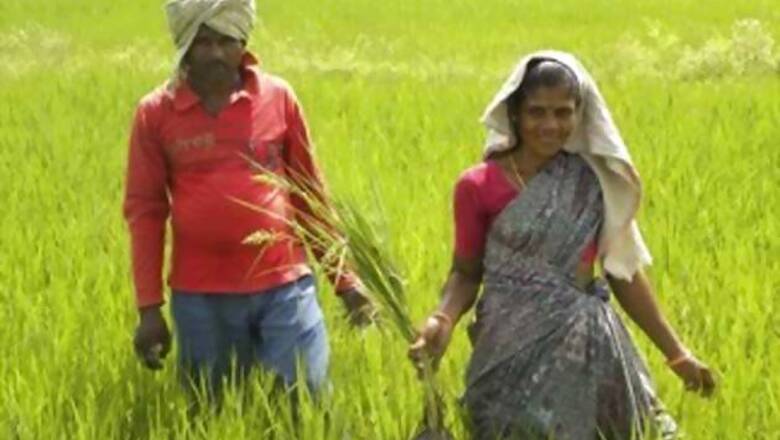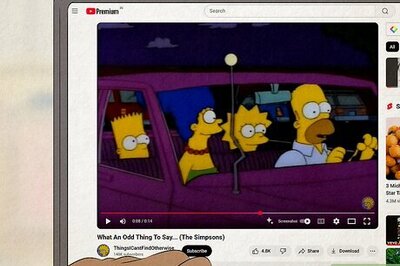
views
The outcome document of the Rio+20 summit, 'The Future We Want', marks an important advance in the incorporation of a human rights dimension in the UN development agenda. In contrast to the passing or tangential references to human rights in the outcome documents of the earlier Rio de Janeiro summit of 1992 and the Millenium Development Goals adopted in 2000, 'The Future We Want' repeatedly invokes references to specific human rights obligations and, in particular, to several provisions of the International Covenant on Economic, Social and Cultural Rights.
Thus, it specifically links the concept of sustainable development to the "right to adequate food and the fundamental right of everyone to be free from hunger", the "human right to safe drinking water and sanitation", "gender equality and women's empowerment", "full access to quality education", "welfare of indigenous people", and the importance of international cooperation through "fulfillment of ODA commitments" of developed countries. All these are obligations flowing from the International Covenant on Economic, Social and Cultural Rights.
Sustainable development rests on the three pillars of economic growth, social development and protection of the environment. It has been defined as "development that meets the needs of the present without compromising the ability of future generations to meet their own needs". In assessing human "needs" priority must obviously be accorded to human "rights" in relevant economic, social and cultural spheres. Conversely, enjoyment of most economic, social and cultural rights, being dependent on availability of resources, must be progressively realised, utilising to the maximum extent the resources generated by development. Thus, there are basic reciprocal interlinkages between sustainable development and economic, social and cultural rights. 'The Future We Want' declaration has brought these interlinkages into sharp focus.
The Rio+20 Summit launched the process of advancing towards a green economy in the context of sustainable development, keeping in view the interlinkages between this process and human rights. We hope DSDS will show the way forward to implementing the important decisions of the Rio+20 Summit.(Chandrashekhar Dasgupta is Distinguished Fellow at The Energy and Resources Institute.)


















Comments
0 comment